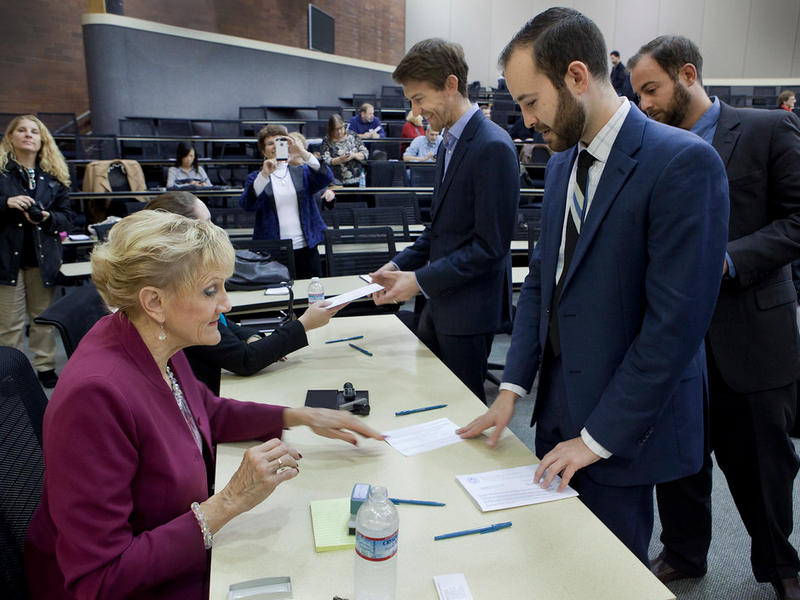California's Bold Move: Giving Slavery Descendants a Fair Shot at College

Photo by McGeorge School of Law | License
In a groundbreaking legislative effort, California is considering a bill that could revolutionize college admissions by offering preference to descendants of enslaved Americans. Assembly Bill 7, authored by Assemblymember Isaac Bryan, aims to address historical inequities in higher education by providing a pathway for those directly impacted by slavery’s generational trauma.
The proposed legislation would allow California colleges and universities to consider lineage from American chattel slavery before 1900 as a factor in admissions. Students would need to prove their ancestral connection and meet additional criteria, such as having an ancestor who was emancipated or provided military service under historical racial restrictions.
Supported by nearly two dozen organizations, including the California Federation of Teachers, the bill seeks to acknowledge deeply rooted structural inequalities. Proponents argue that this isn’t about racial preferences, but about recognizing historical context and providing meaningful opportunities for communities historically marginalized.
However, the bill faces significant challenges. Proposition 209 continues to bar affirmative action in California, and recent Supreme Court rulings against race-based admissions create additional legal hurdles. Experts like UCLA professor Tyrone Howard are skeptical about the bill’s chances, noting the current political climate’s resistance to diversity, equity, and inclusion initiatives.
Critics like Lance Christensen from the California Policy Center argue that the bill is unnecessary and potentially divisive. They contend that proving lineage could be logistically complex, with ancestral records often incomplete.
Despite potential obstacles, supporters see this as a critical step toward addressing historical injustices. USC professor Shaun Harper views the bill as an important acknowledgment of wrongs done to enslaved Africans, even if its practical implementation remains uncertain.
As California continues to push progressive boundaries, this bill represents a bold attempt to confront systemic inequalities and provide meaningful pathways to higher education for descendants of those who were systematically denied opportunities for generations.
AUTHOR: kg
SOURCE: Local News Matters
























































